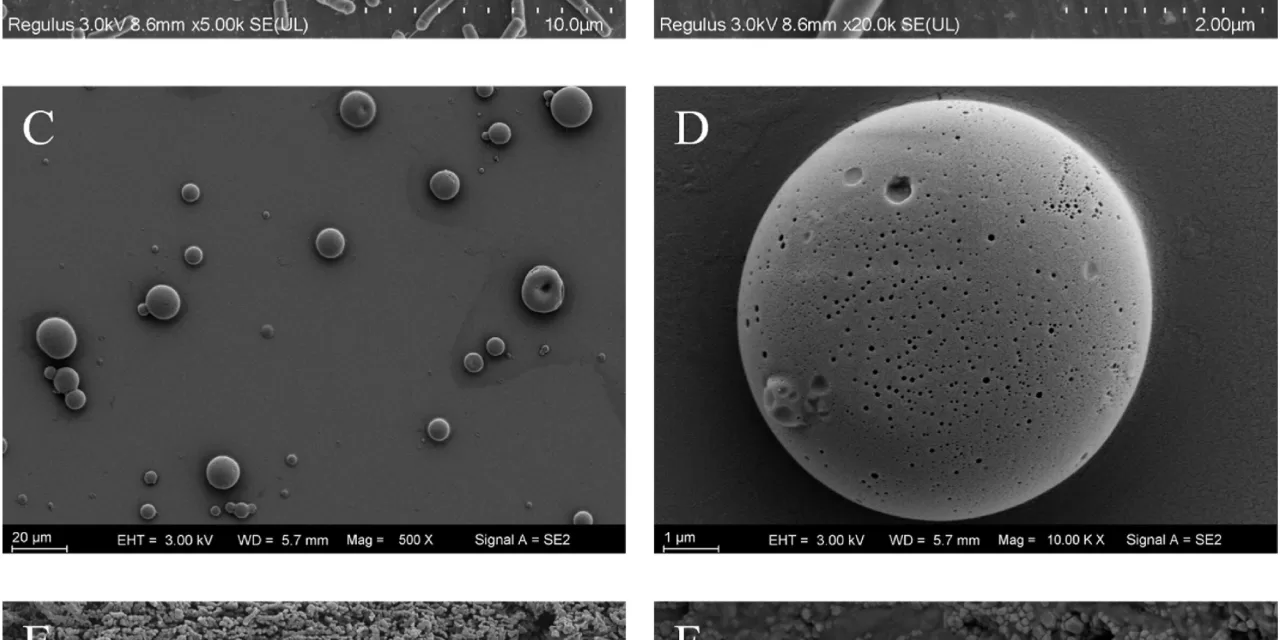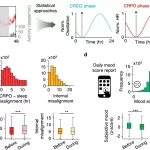A groundbreaking study reveals that probiotics encapsulated in a protective “armor” could significantly enhance their effectiveness in supporting gut health. The research, published in LWT, showcases a novel method developed by a team of scientists to protect probiotics from the harsh conditions of the digestive system.
Probiotics are well-known for promoting a healthy balance of gut microorganisms. However, they often face challenges when it comes to surviving stomach acids, bile, and other digestive hurdles. The new study offers a promising solution by using a combination of two natural substances—zein, a protein derived from corn, and soluble soybean polysaccharides—to encapsulate probiotics and shield them from environmental stress.
This advanced encapsulation technique was tested in both laboratory simulations and animal experiments. The results were striking. Probiotics protected by the new method demonstrated a much higher survival rate in simulated gastrointestinal conditions, even after undergoing pasteurization, a common food preservation process. In rat models, the encapsulated probiotics not only survived the digestive process but also showed measurable benefits to gut health. The rats exhibited increased gut microbiota diversity and higher levels of beneficial bacteria, with a corresponding reduction in harmful bacteria.
Dr. Cheng Cheng, a key member of the research team, highlighted the potential of this development: “This research could lead to more effective probiotic supplements that survive digestion and improve gut health, paving the way for better functional foods.”
The study, titled “Zein and Soy Polysaccharide Encapsulation Enhances Probiotic Viability and Modulates Gut Microbiota,” offers hope for future probiotic products that could be more resilient and better at promoting overall gut health.
For more details, refer to Cheng Cheng et al., LWT (2024), DOI: 10.1016/j.lwt.2024.116827.











